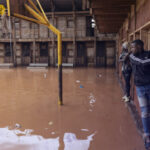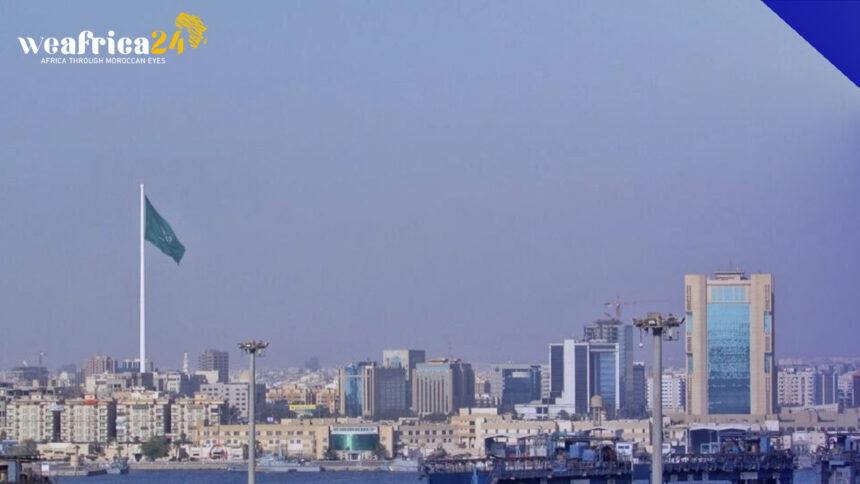The Arab League on Tuesday, May 2nd called for an immediate and unconditional ceasefire in Khartoum, following its two-day meeting in Cairo held at the level of permanent delegates. For its part, Saudi Arabia has called for a meeting this Wednesday of the Organization of Islamic Coordination (OIC) on the crisis in Sudan. It advances its initiative for a way out of the crisis, which could double that undertaken by Igad.
By engaging in operations to evacuate foreigners and aid workers stranded in Sudan following the crisis, Saudi Arabia intends to restore its image, tarnished above all by the war in Yemen and by the question of freedoms and human rights. man in the Saudi Kingdom.
Riyadh seeks above all to play a major regional role in Sudan, but this seems a bit complicated because it is not neutral on this file. It was she who was involved in the war in Yemen, Abdel Fattah al-Burhan and Mohammed Hamdane Dogolo said Hemedti, the two Sudanese generals in the power struggle. Riyadh is also partly responsible for the current situation in Khartoum, because it was “very lenient” according to Sudanese civilians, when these same two generals excluded them from power, endangering the political process.
Towards a meeting in Jeddah?
However, Saudi Arabia continues to promote its role as a mediator. It is obvious that Riyadh benefits from its good relationship with the head of the army of Abdel Fattah al-Burhan, and the head of the rapid support forces (RSF), Mohammed Hamdane Dogolo alias Hemedti.
On Tuesday, General al-Kabachi, the number three in the Sudanese army, did not rule out sending a representative within two days to Jeddah instead of Juba, following the initiative of Igad: “To Jeddah, we are only going to talk about the truce and humanitarian corridors”, he announced before specifying: “we are not going to sit down with Hemedti”.
For its part, the African Union called for “avoiding the inconsistencies of dispersed action”. “Our priority today, assured Moussa Faki, the President of the African Commission, is to enforce and extend the ceasefire” insisting on the need to “work together”.







